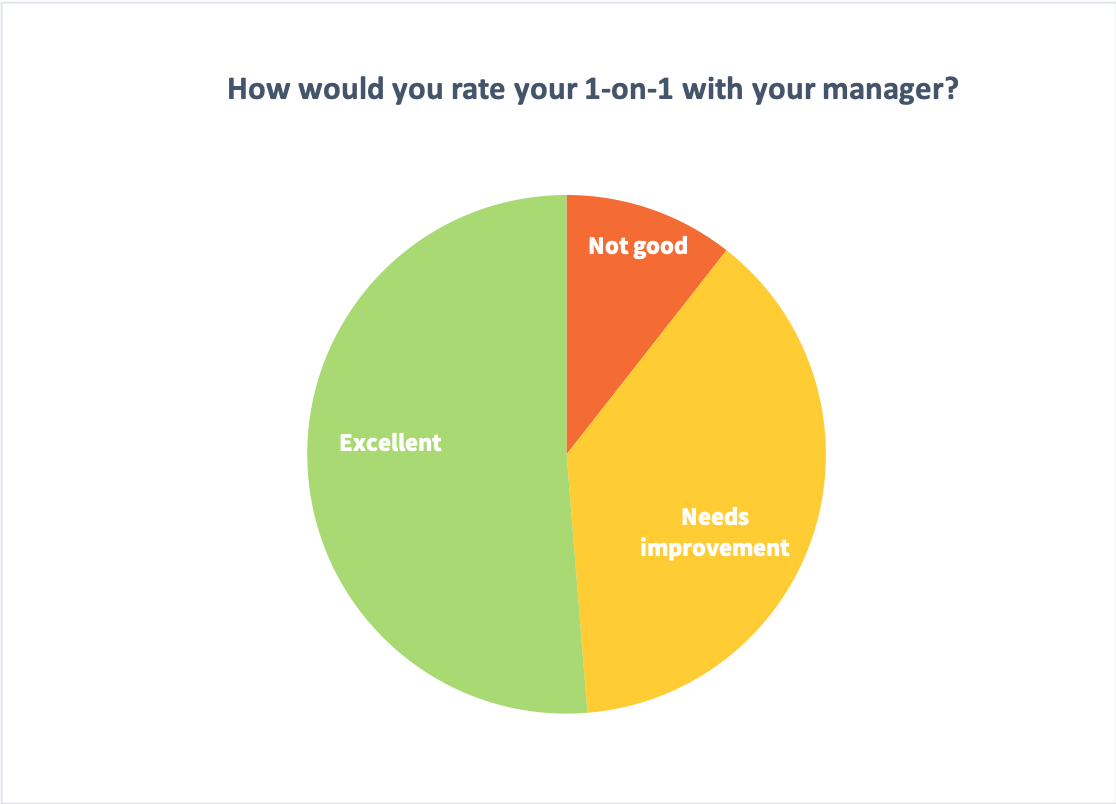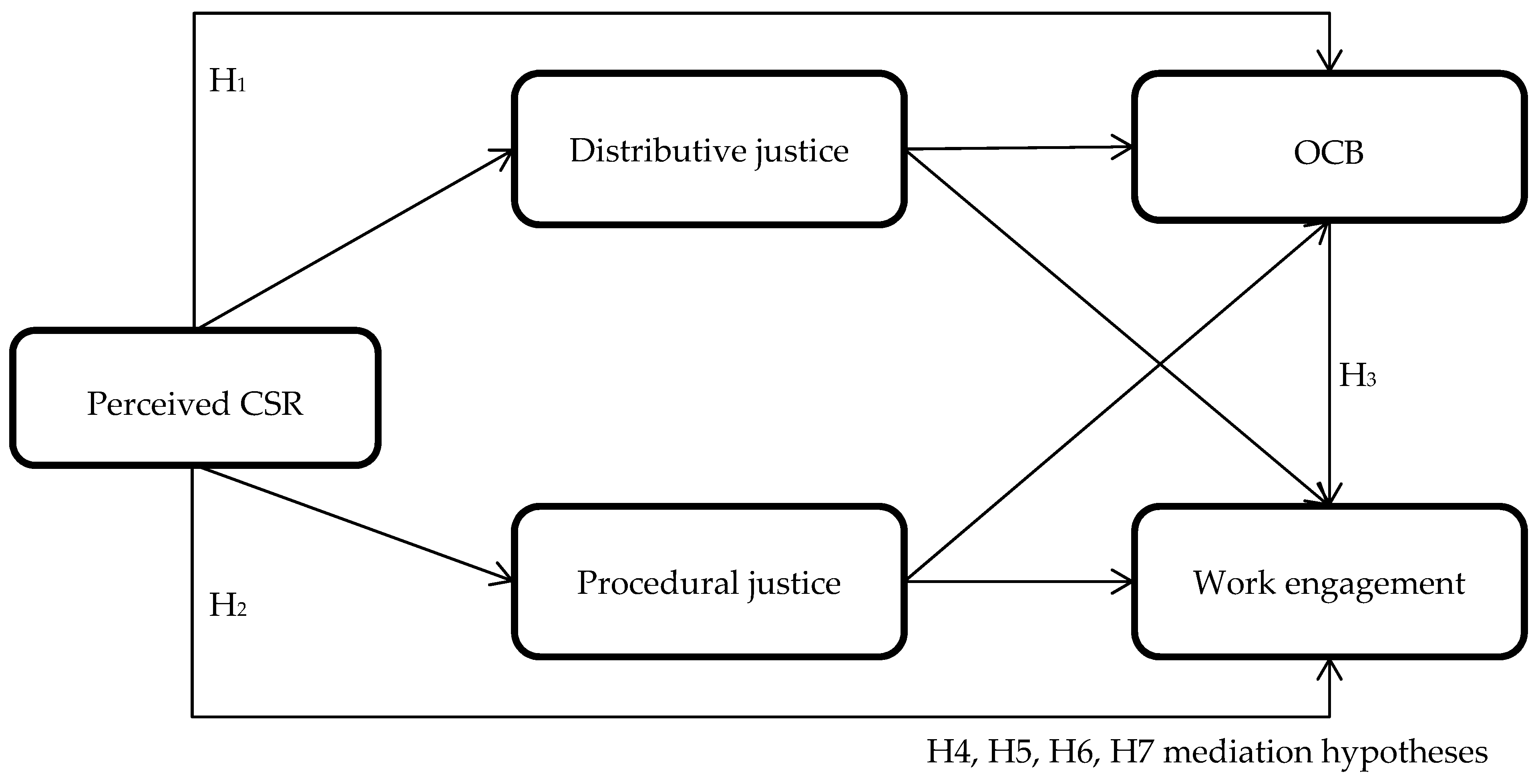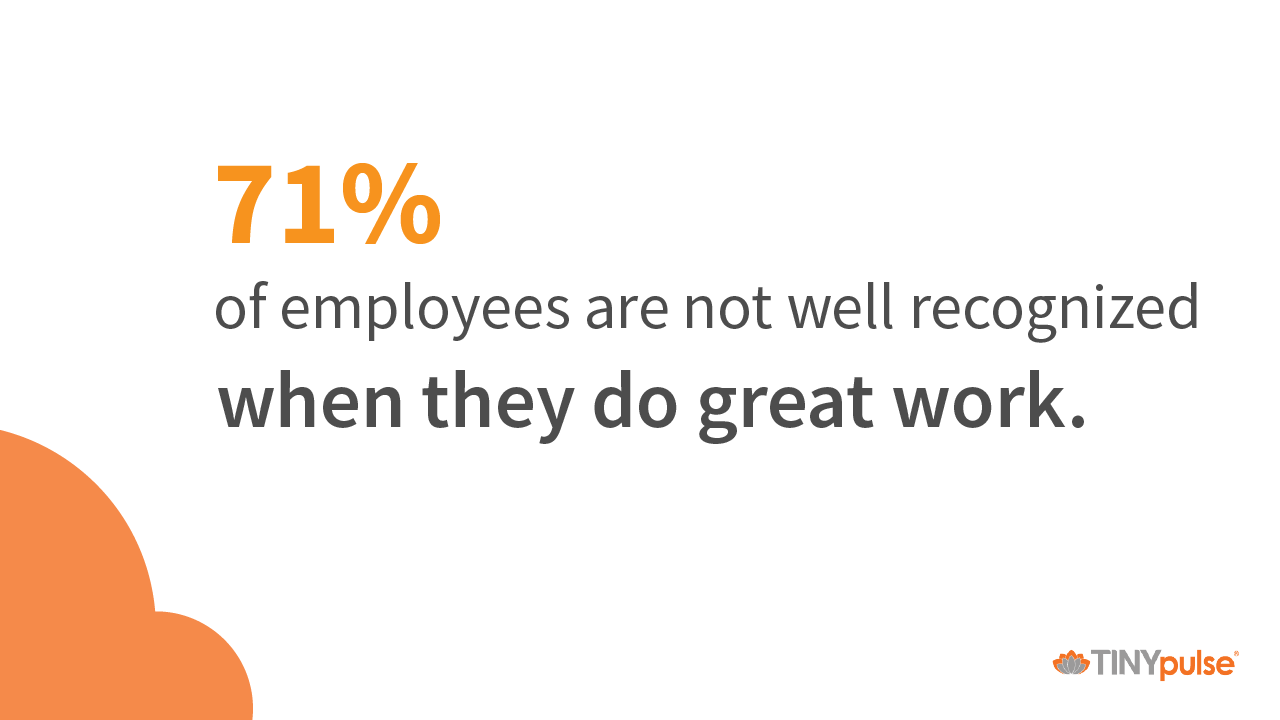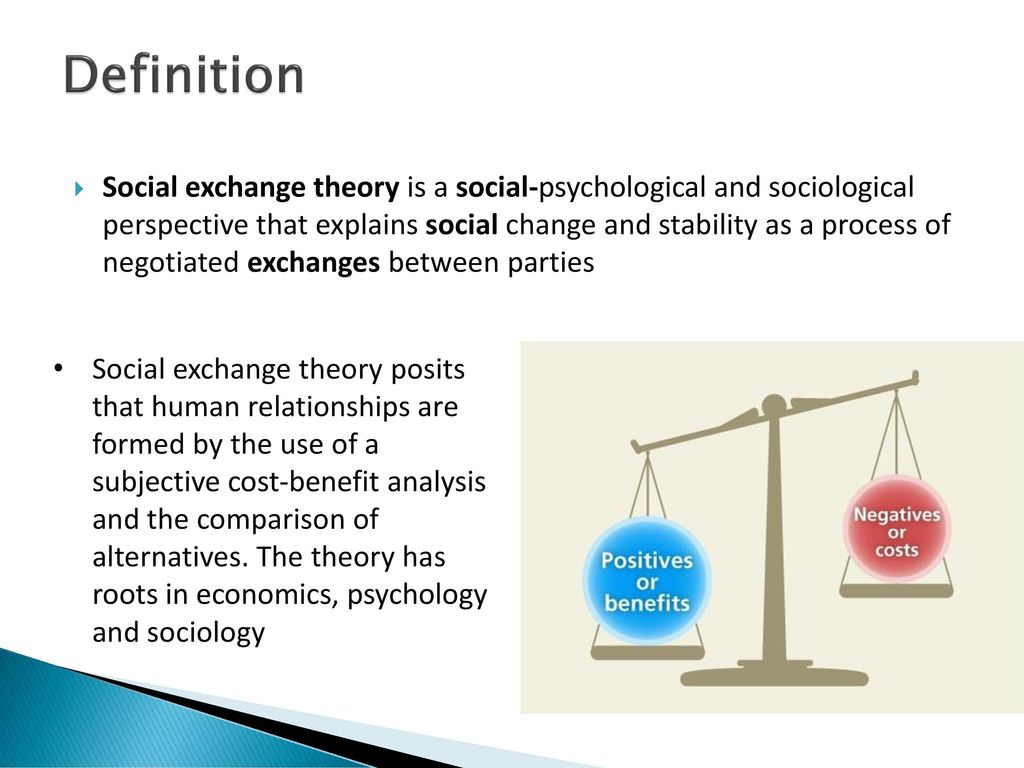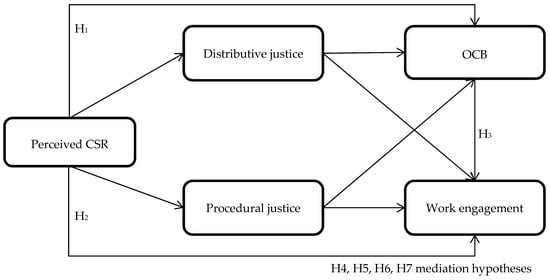Outstanding Social Exchange Theory Employee Engagement

A total of 200 bank employees representing a range of Malaysian banks will be selected using stratified random sampling.
Social exchange theory employee engagement. According to social exchange theory people evaluate their relationships by analyzing the benefits they feel they might receive through them. Cropanzano and Mitchell 2005. Many psychologists consider the social exchange theory as highly individualistic.
Employee derives from their professional life Gersick et al. Social exchange theory is a dominant theoretical paradigm used to explain workplace rel ationships Blau 1964. Social Exchange Theory can be used to demonstrate the connection between organizational culture and employee engagement.
Social exchange theory is applied to help explore the volition that individual employees have towards their engagement with CSR R. Diversity of employee engagement. With it employees feel secure and trusted.
At the end of this paper recommendations and approaches will be explored to allow practical application of principles of Human Resources Development and social exchange theory. A basic tenet of social exchange theory is that relationships evolve over time into trusting loyal and mutual commitments as long as the parties abide by certain rules of exchange. Social exchange theory has been fruitfully applied to the workplace to explain employee interactions.
Although there is a great deal of interest in engagement there is also a good deal of confusion. They then make decisions about the relationships in their lives by comparing alternatives. Employee engagement is fundamentally about the motivation of employees.
In the last few years the management theory of employee engagement has gained increasing recognition. Social exchange theory is applied to help explore the volition that individual employees have towards their engagement with CSR activities and to consider the implications of an implicit social rather than explicit economic contract between an organisation and its employees in their engagement. Social employment relationship exchange theory explains the formation and maintenance of interpersonal relationship between two parties ie employees and employers in terms of the reciprocation procedures 3 4.



